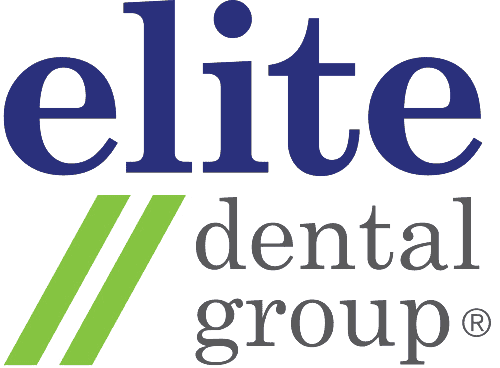07 Apr Common Risks Associated with Immediate Dental Implants
The risk for immediate implants is higher than delayed implants. One of the key risks is delayed osseointegration of the immediate implant. Osseointegration is a concept where the implants and the bone fuse together. This concept of osseointegration is relevant not only for dental implants but also for hip implants or any kind of implants placed in the body.
The same concept applies for people going for surgery for knee or hip replacements with metal implants. The titanium has to heal and fuse with the bone for a strong foundation and osseointegration is critical for the overall long term success of the implant.
For immediate implant cases, the stability of the implant is typically not as good as compared to a delayed case. Therefore, there is a higher chance that the implant could destabilize with biting, stress, and pressure. As patients chew and eat, they can accidentally knock on implants which could disturb the healing process.
This is especially so if the immediate implants come together with immediate temporary teeth. In this case, any kind of pressure, knocking or load on the immediate implants, could result in the failure of osseointegration of the implant which could lead to loss of the implant.
As there is a higher risk in immediate cases as compared to delayed cases, case selection is very important. Computer-guided planning is critical to make sure the surgery has been planned out in a 3D model. This helps your dentist predict and mitigate any risks that come up.
Will Immediate Dental Implants Cause Numbness in the Other Teeth?
There is no likelihood of numbness if the surgery is planned out properly and major structures are avoided. For instance, if major nerve branches are avoided, there should not be any issues whatsoever.
Again, treatment planning is crucial. When a case is dicey, computer-guided planning is critical so that the level of accuracy and predictability increases. Your dentist can also rest assured the patient will not experience injury to the nerve or any numbness.
Disadvantages of Going Directly for Immediate Dental Implants
This depends on many factors. One thing most dentists cannot stress enough is that immediate implants are most definitely not for everyone. Case selection is very important.
Immediate implants can only be done in certain situations and are not meant for all. Below are some of the specific situations where immediate implants is not considered suitable:
- If there is a massive loss of bone and gum
- If there is a big infection in the surgery site
- If the patient’s bite is not stable
- If the patient’s oral hygiene is not good
So, a lot of things could go wrong if you do an immediate implant and all these factors are not considered. If you put an immediate implant when the patients have all these contraindications or non-ideal factors, it could mean you could lose the implant.
A much safer way would be the delayed way, to extract the tooth, let the whole area heal and 3 to 6 months later, re-evaluate the site and go in for an implant in the secondary procedure. That’s the conventional safe way.
But of course with modern technology and proper indication and experience of the surgeon, immediate implants can be done sometimes, but not all of the time. It’s indication-specific, a case by case scenario.




